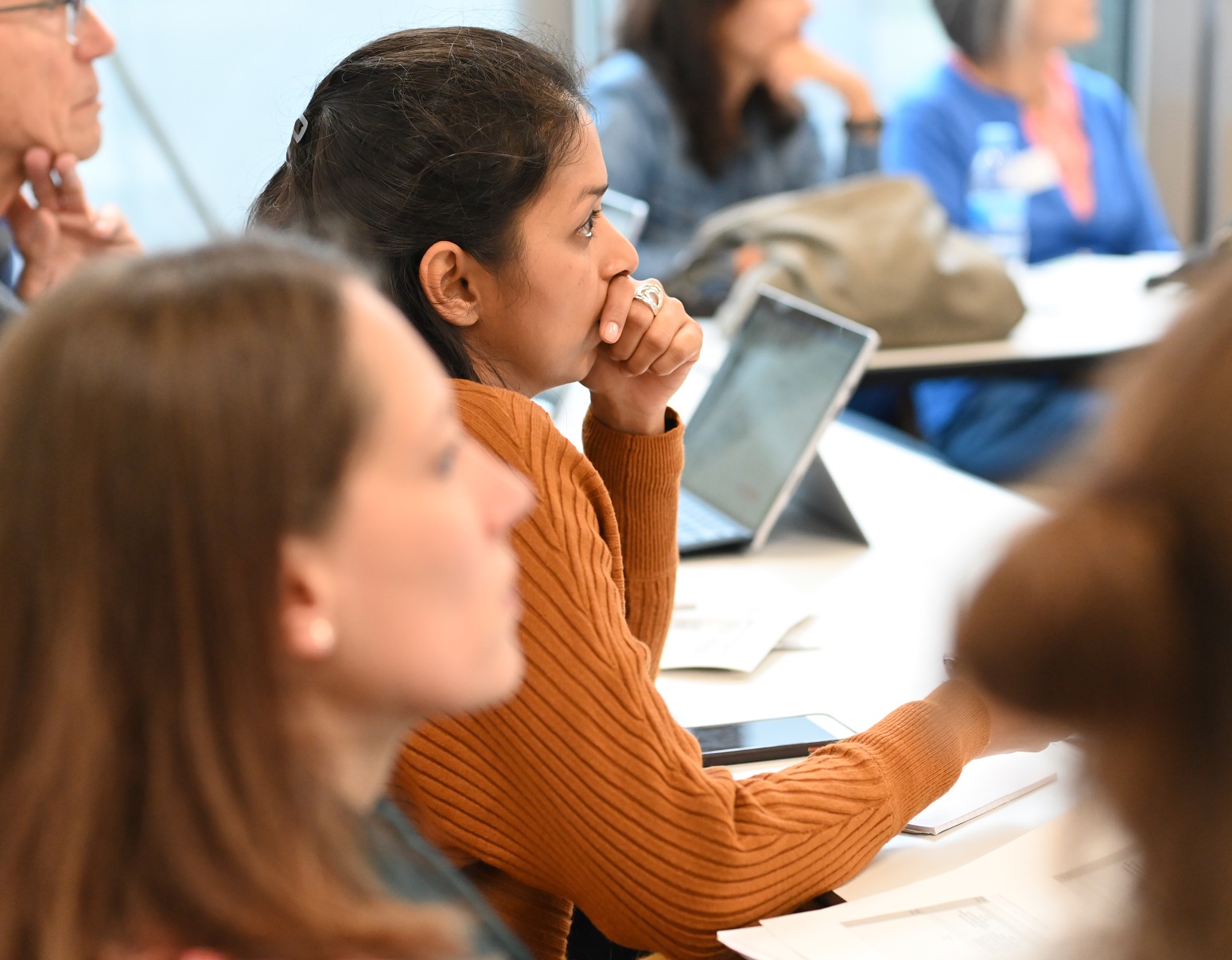MaSDiV Policy Seminar at the Educating the Educators III Conference
Sabine Mickler
The overarching aim of the EU funded project MaSDiV is to promote innovative ways of learning STEM subjects in day-today teaching. The project consortium with partners from six European countries is characterised by an innovative feature: It consists of ministry-university tandems in all partner countries. This outstanding cooperation ensures to achieve the highest possible impact in implementing innovative ways of teaching at school on both, the National as well as the European level. Consequently, the policy seminar in the frame of ETE III, MaSDiV`s final conference, assembled policy makers, researchers, industry representatives and further stakeholders from across Europe to reflect and exchange experiences in cooperation between different stakeholders.
The overarching aim of the EU funded project MaSDiV is to promote innovative ways of learning STEM subjects in day-today teaching. The project consortium with partners from six European countries is characterised by an innovative feature: It consists of ministry-university tandems in all partner countries. This outstanding cooperation ensures to achieve the highest possible impact in implementing innovative ways of teaching at school on both, the National as well as the European level. Consequently, the policy seminar in the frame of ETE III, MaSDiV`s final conference, assembled policy makers, researchers, industry representatives and further stakeholders from across Europe to reflect and exchange experiences in cooperation between different stakeholders.

©Lars Holzäpfel
Change to an inclusive society can only succeed through cooperation
In her opening speech, Monica Képe-Holmberg from the European Commission talked about the changes in Europe, which affect teachers all over Europe: The intended transition to a digital, greener and more inclusive European society. She emphasized that the challenges of this transition can only be faced by collaboration between all stakeholders. Subsequently, experts in cooperation between policy, research and industry presented recent models and best practices of collaboration in Europe.
In the second part of the seminar, all participants discussed and reflected in groups on related questions concerning the approach and implementation of successful cooperation: Strategies and communication, benefits, risks and challenges. During the seminar, it became evident that cooperation between different stakeholders is inevitable to close the gap between research and practice, especially at large scale. Unfortunately, cooperation is currently not a widespread reality. There is a need to make the importance of this collaboration visible and the ways of how this can be achieved.
The project MaSDiV (Supporting mathematics and science teachers in addressing diversity and promoting fundamental values) is funded with the support of the Erasmus+ programme of the European Union.

